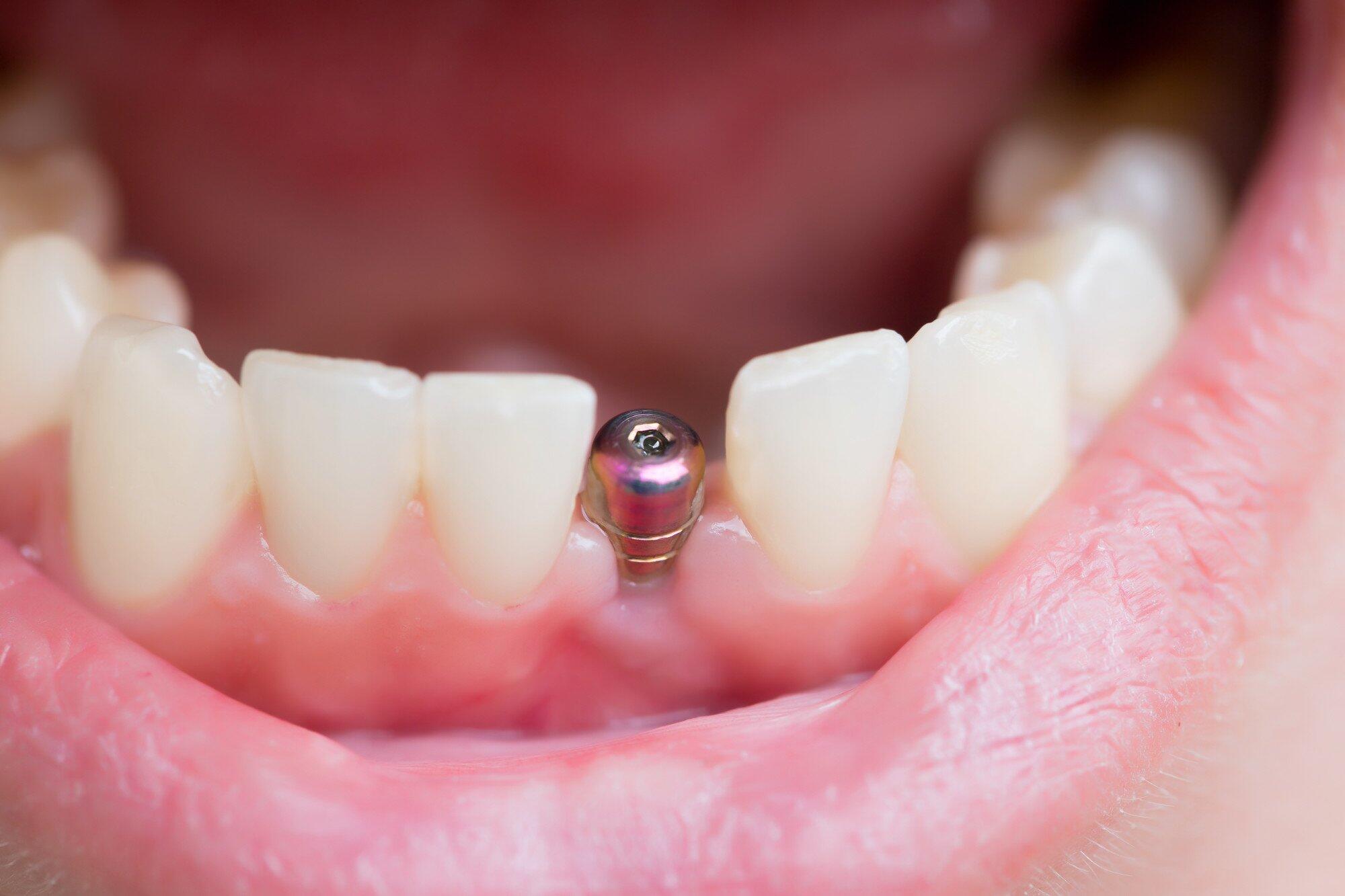
Dental prosthetics are common
Losing teeth can be challenging. Dental prosthetics offer solutions. They replace missing teeth effectively. This restores function and aesthetics. Many types of prosthetics exist. Each has its own lifespan. Understanding these durations helps. It informs patient expectations. Proper care extends their life. It’s an investment in your smile.
Dentures Have a Lifespan
Dentures replace many teeth. They can be full or partial. Their lifespan varies significantly. Typically, they last 5 to 10 years. Over time, they can wear down. Your jawbone also changes shape. This alters how dentures fit. They become loose and uncomfortable. Relining or rebasing helps initially. Eventually, new dentures are needed. Regular check-ups are crucial.
Bridges Offer Durability
Dental bridges replace one or more teeth. They are fixed in the mouth. Adjacent teeth support the bridge. Their lifespan is often good. They can last 5 to 15 years. Some even last longer. Material choice impacts longevity. Porcelain-fused-to-metal is common. Zirconia and ceramic are also used. Good oral hygiene is key. Avoiding hard foods helps. Regular dental visits prolong life.
Dental Crowns’ Longevity
Dental crowns cover damaged teeth. They restore tooth shape and strength. Crowns typically last 5 to 15 years. Their lifespan depends on several factors. Material type plays a big role. Porcelain, ceramic, and metal are options. Oral hygiene is very important. Biting habits also impact life. Grinding teeth shortens lifespan. A night guard can protect them. Regular check-ups ensure health.
Implants Can Last Decades
Dental implants are permanent. They replace tooth roots directly. A titanium post fuses with bone. This provides a strong foundation. The crown then attaches to it. Implants are incredibly durable. They can last 20 years or more. Many last a lifetime. Proper placement is essential. Osseointegration is the key. Bone must grow around the implant. Success rates are very high.
Proper Oral Hygiene is Key
This impacts all prosthetics. Brushing twice daily helps. Flossing is also very important. Use a soft-bristled toothbrush. Clean around your prosthetics. Remove food particles always. This prevents plaque buildup. It protects remaining natural teeth. It keeps gums healthy too. Healthy gums support prosthetics. Poor hygiene shortens lifespan. It causes decay or gum disease.
Regular Dental Check-Ups
Routine visits are non-negotiable. Dentists check your prosthetics. They look for wear or damage. They assess your oral health. Early issues can be addressed. Adjustments can be made promptly. Professional cleanings are vital. They remove tough plaque. This prevents gum disease. Catching problems early saves money. It extends prosthetic life greatly. Don’t skip these appointments.
Dietary Habits Play a Role
What you eat affects prosthetics. Avoid very hard or sticky foods. They can chip or dislodge items. Chewing ice is very damaging. Nuts and hard candies are risky. Excessive sugary foods cause decay. This affects surrounding natural teeth. A balanced diet supports health. It protects your dental work. Be mindful of your choices.
Bruxism Causes Wear
Bruxism is teeth grinding. It happens often during sleep. It puts immense pressure on teeth. It wears down natural teeth. It also damages prosthetics. Crowns can chip or crack. Dentures can become loose. Implants might experience stress. A custom night guard helps greatly. It protects your dental work. Discuss grinding with your dentist. They can offer solutions.
Material Choice Matters
Different materials have different strengths. Porcelain is aesthetic but brittle. Metal is very durable but visible. Zirconia offers both strength and beauty. Your dentist will discuss options. They consider location and function. The right material choice ensures longevity. It also meets your aesthetic needs. Understand the pros and cons.
Bone Health and Implants
Implants need strong bone. The jawbone supports the implant. Bone density is crucial for success. Conditions like osteoporosis affect it. Gum disease can also reduce bone. Maintaining good bone health is vital. Calcium and Vitamin D help. Avoid smoking for bone health. Regular exercise strengthens bones. Healthy bone ensures implant stability.
Smoking Harms Prosthetics
Smoking is detrimental to oral health. It affects gums and bone. It reduces blood flow to tissues. This hinders healing processes. It increases risk of gum disease. This can lead to prosthetic failure. Especially true for dental implants. Smoking dramatically shortens their life. Quitting smoking improves outcomes. It protects your investment. It benefits overall health.
Oral Trauma or Accidents
Unexpected events can occur. A fall or sports injury. This can damage dental prosthetics. Crowns can break off. Dentures can crack or shatter. Implants can sometimes fracture. Protect your mouth during sports. Wear a custom mouthguard. Be cautious with hard objects. Accidents are unpredictable. But prevention helps reduce risk.
Adapting to Changes
Your mouth changes over time. Your jawbone can resorb slowly. This affects denture fit. Natural teeth can shift too. Prosthetics might need adjustments. Relining or rebasing is common. Bridges may need re-cementing. Regular follow-ups catch changes. Addressing them early maintains comfort. It keeps prosthetics functional.
Investing in Longevity
Dental prosthetics are an investment. They improve quality of life. Longevity depends on several factors. Good hygiene, regular check-ups. Mindful eating, avoiding bad habits. Choosing the right professional. Following all aftercare instructions. These steps maximize their lifespan. Protect your smile for years.
